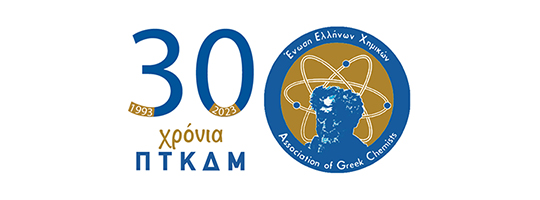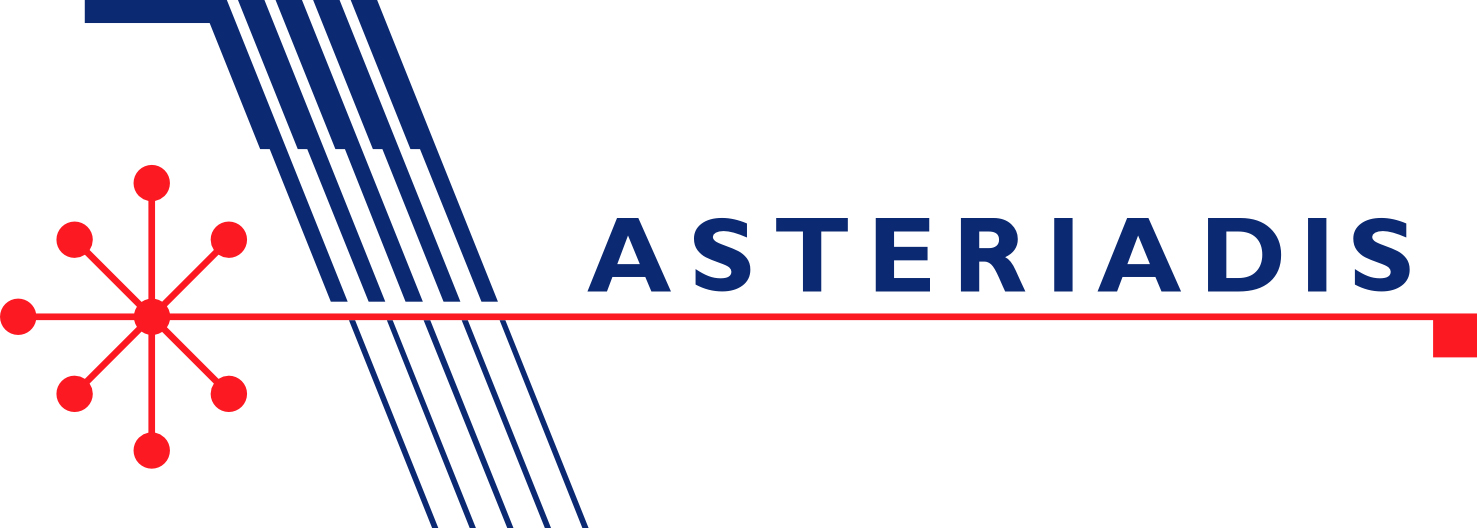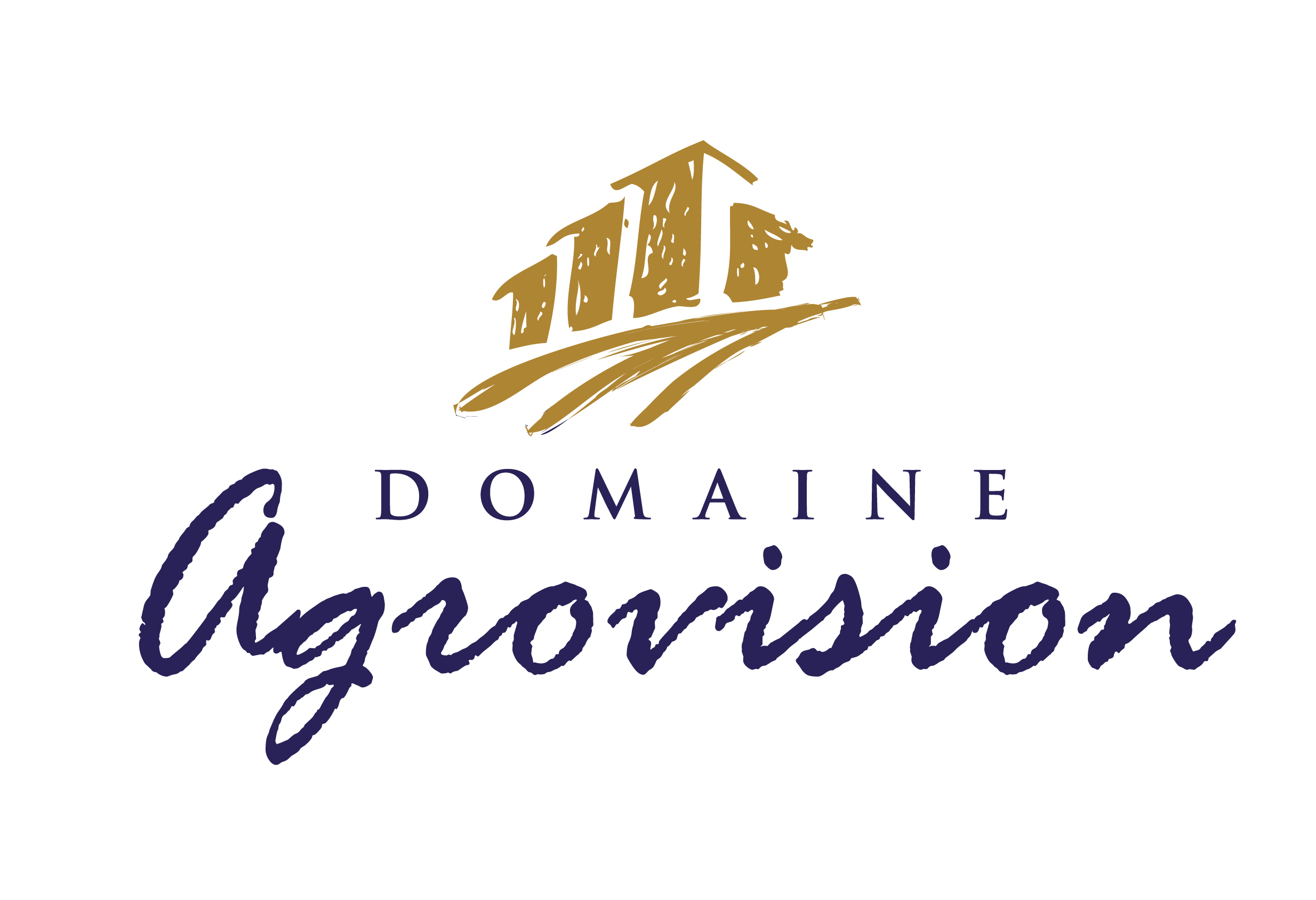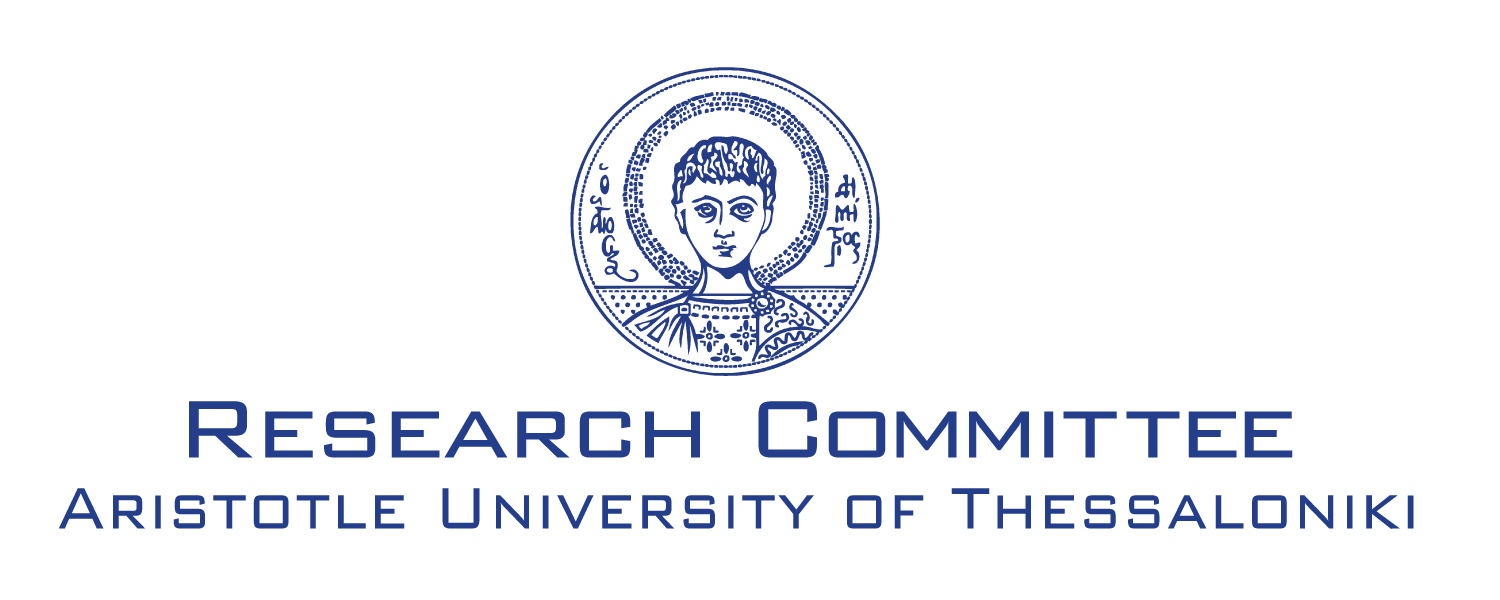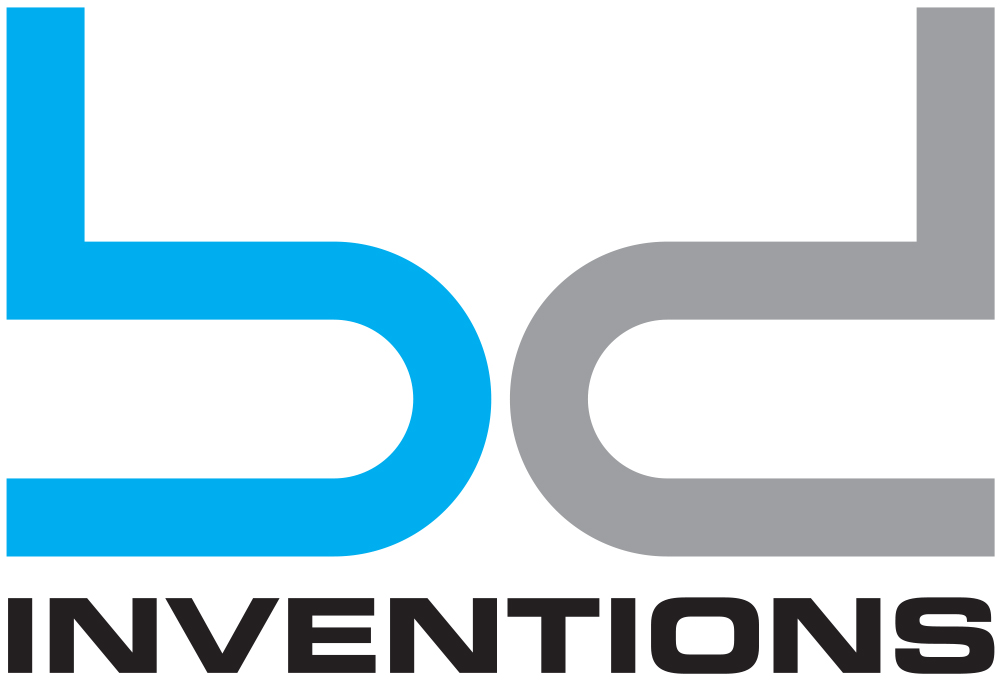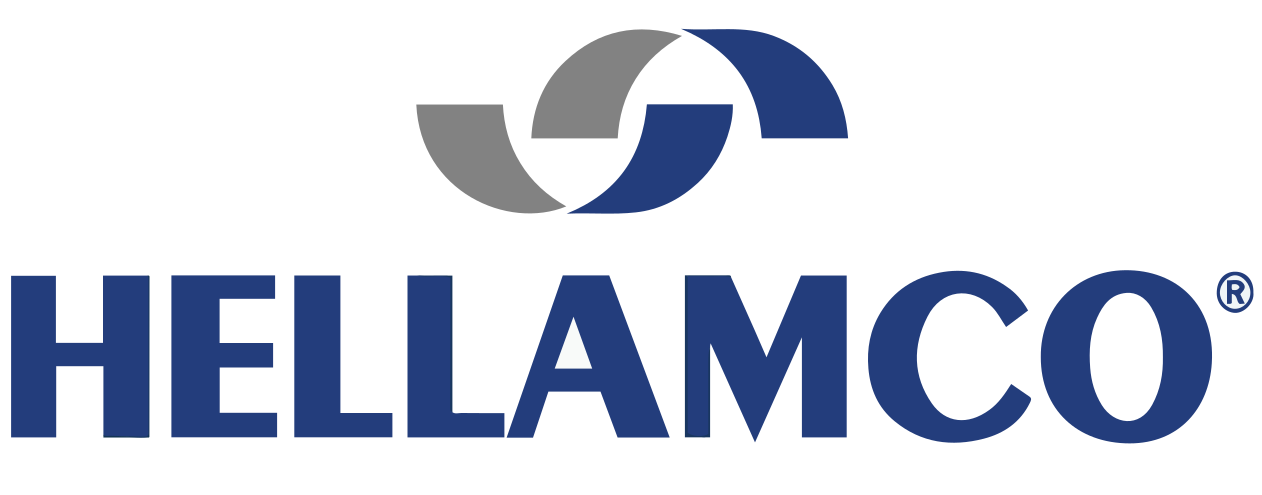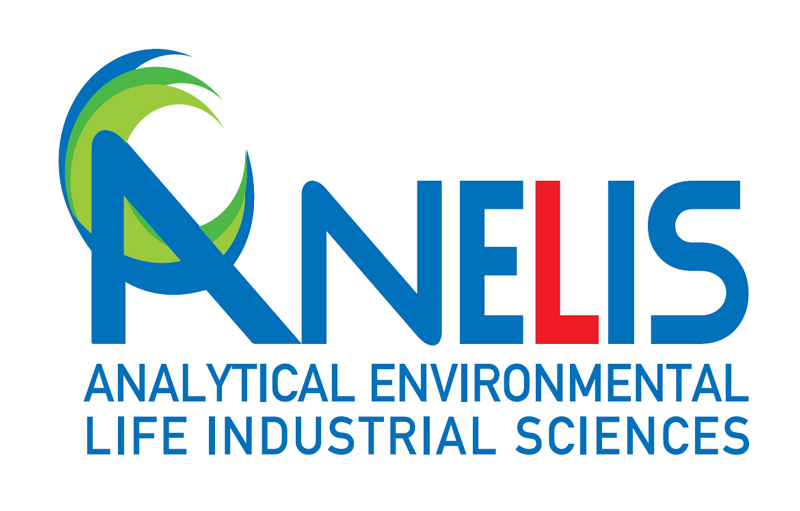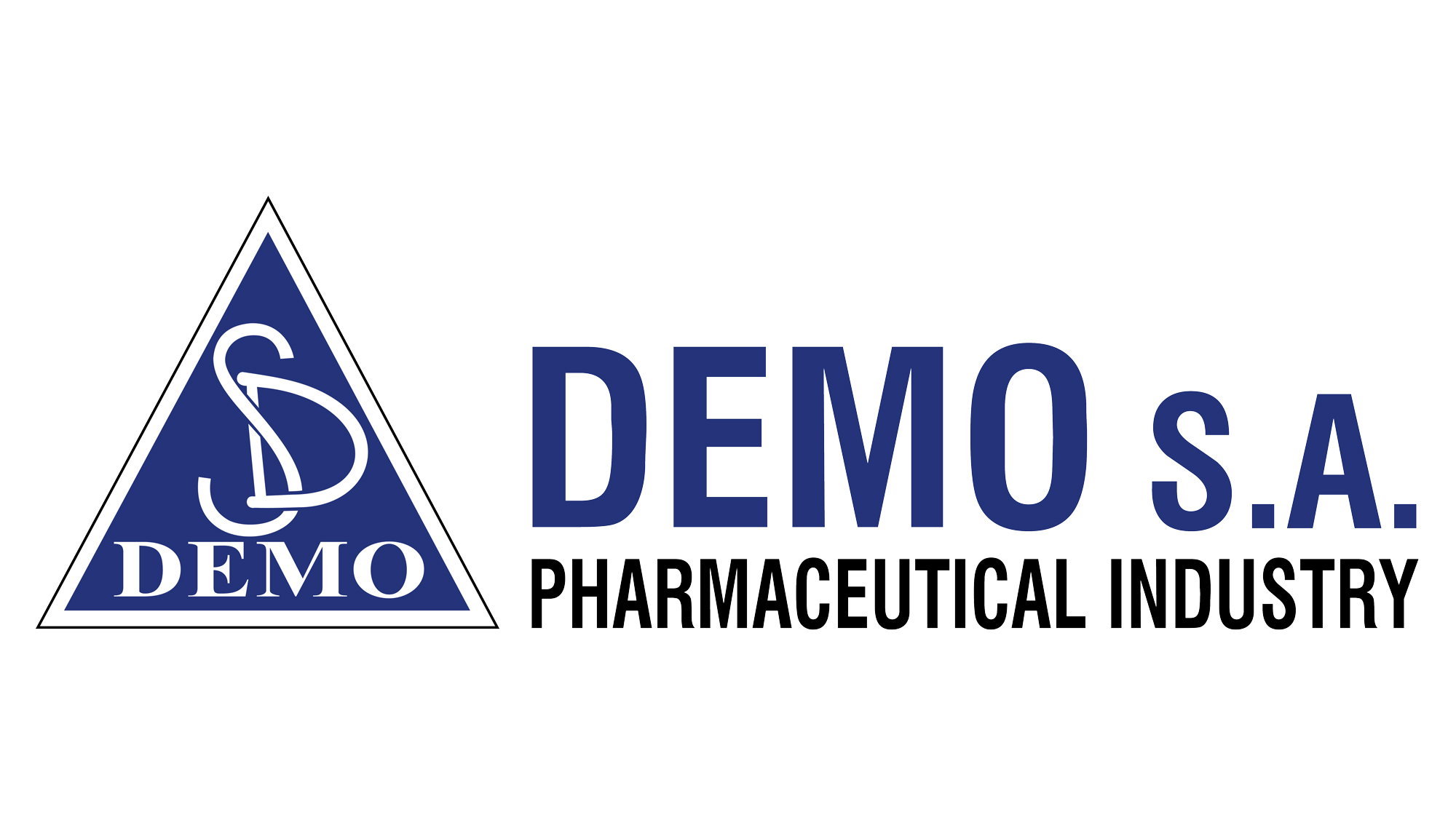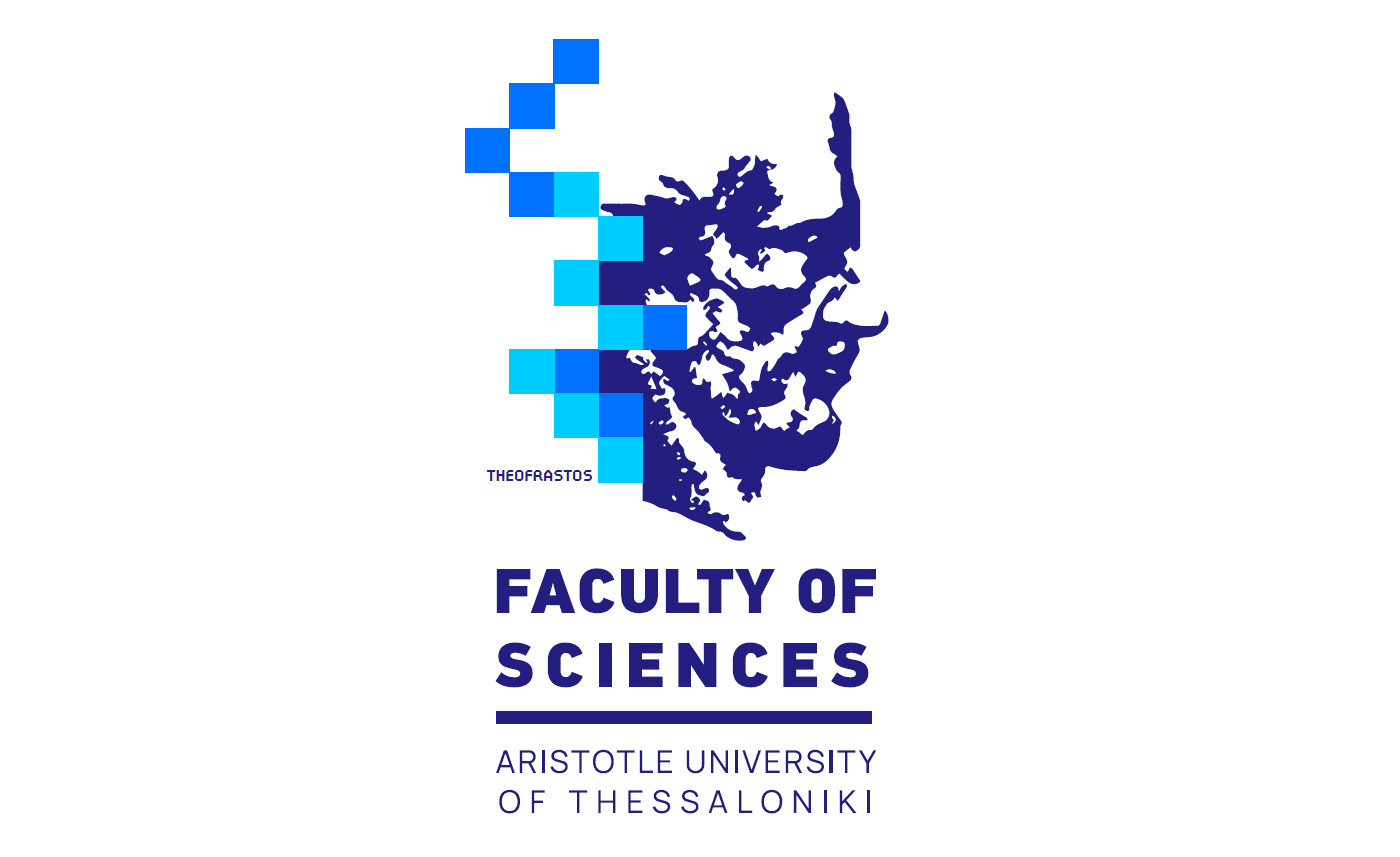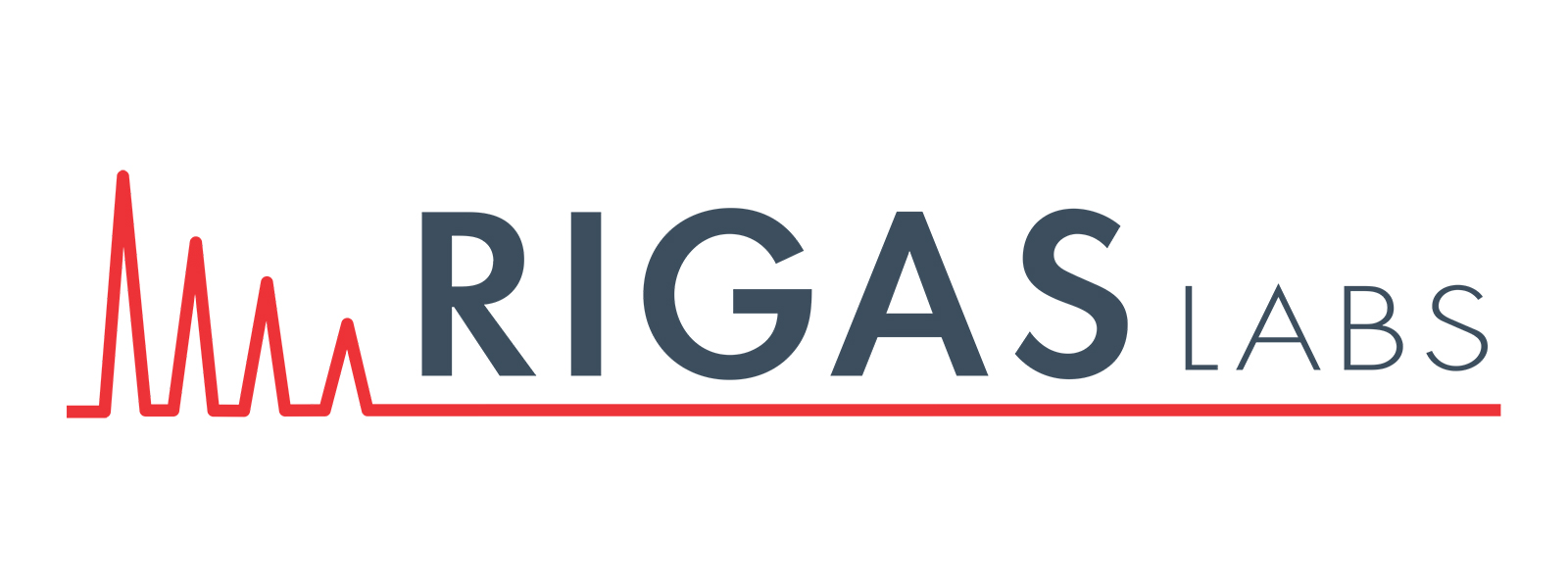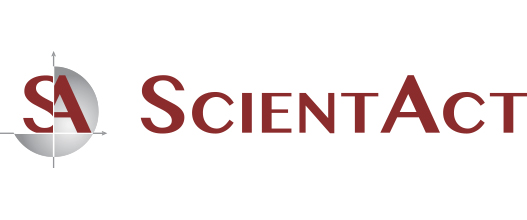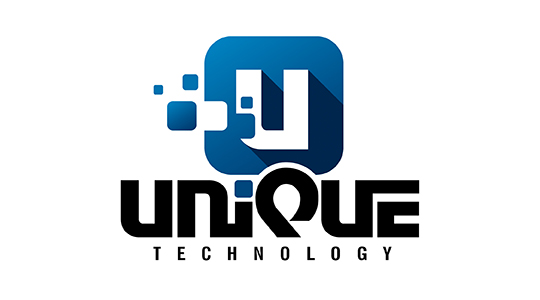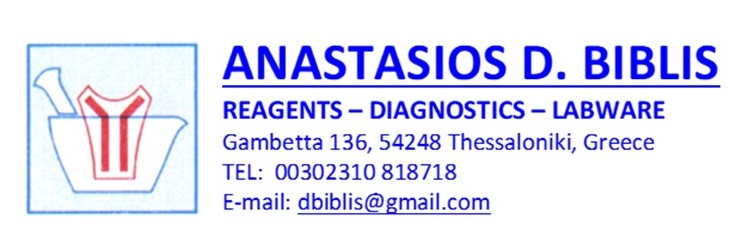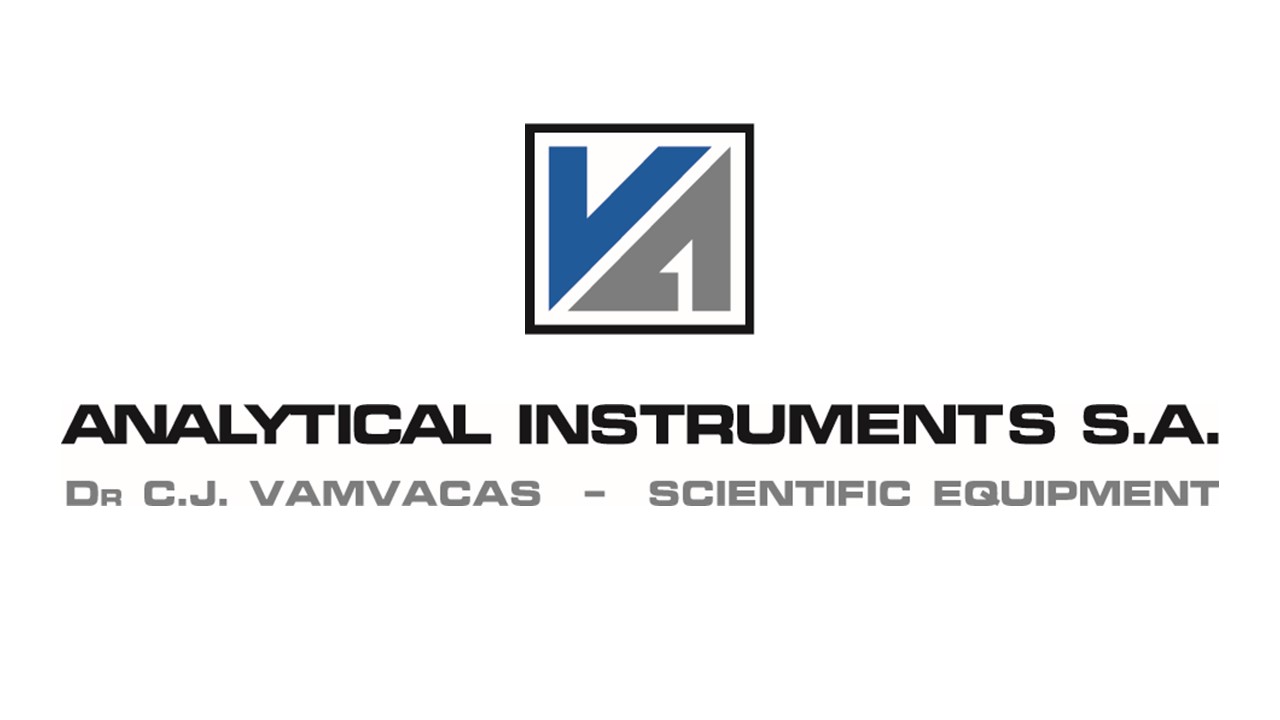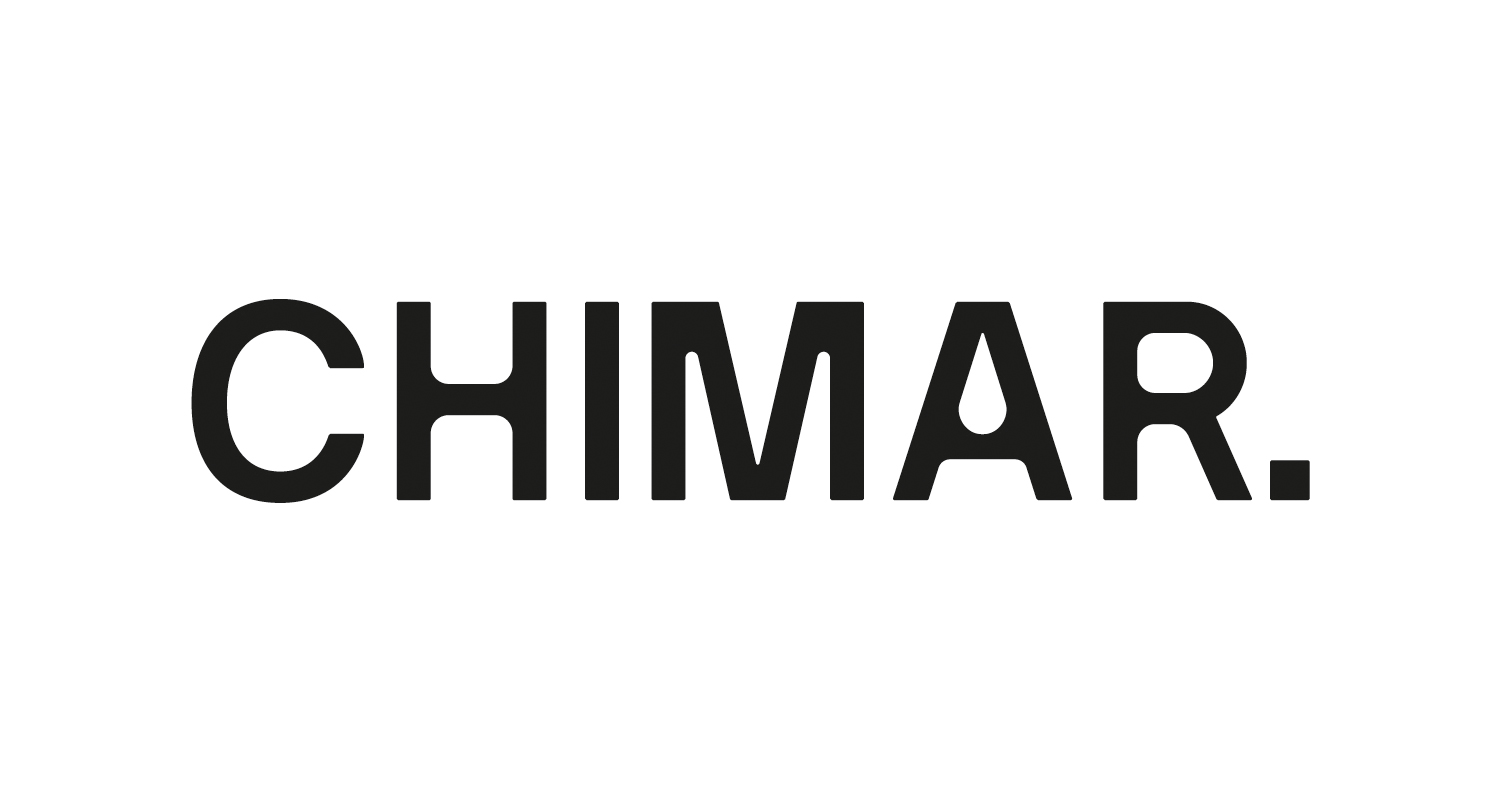DETAILED REVIEW OF ACC2023
1st Aristotle Conference on Chemistry
The School of Chemistry of the Aristotle University of Thessaloniki (AUTh) hosted an international scientific event under the title "1st Aristotle Conference on Chemistry: Advances and Challenges in Chemistry" (ACC2023), between November 12th and 15th, 2023, at Thessaloniki, Greece (KEDEA/AUTh building). The Organizers’ goals were, on one hand, to showcase the progress of Chemistry in every field of research and applications, and on the other hand, to highlight the state-of-the-art scientific activity and research achievements of the Laboratories of the School of Chemistry (AUTh) on the occasion of the 80th anniversary since its foundation.
- Participation in ACC2023
Speakers with distinguished careers, faculty members of Universities in Greece and abroad, covering all fields of Chemistry, responded with enthusiasm to the invitation to join the Conference. We were happy to welcome in Thessaloniki Prof. Mercuri Kanatzidis (Chicago), Prof. Panagiotis Manesiotis (Belfast), Prof. Kazutami Sakamoto (Tokyo), Prof. Elia Psillakis (Chania), Prof. Maria Vamvakaki (Heraklion), Prof. Antonio Meléndez-Martínez (Seville), Prof. Christoforos Kokotos (Athens), Prof. Demetrios Anglos (Heraklion), Prof. Erwin Rosenberg (Vienna), Prof. Karine Miqueu (Pau, France), Prof. Nikos Hatzakis (Copenhagen), Ms. Oytun Türkan (Istanbul), Prof. Panagiotis Trogadas (London), Prof. Stellios Arseniyadis (London), Prof. Yoichi Yamada (Tokyo) and Prof. Triantafyllos Albanis (Ioannina).
A vast variety of research studies were presented during the days of the Conference across all thematic sections with exciting new results, followed by interesting comments and constructive discussions among participants. In total, the number of oral talks and poster announcements amounted to 274 papers, referring to approximately 400 colleagues, of whom 250 were speakers/presenting authors. Participants were from 11 Greek universities, other than AUTh, and from 22 foreign countries spanning all four continents. The audience, consisting of university faculty members, researchers and students, followed earnestly the talks and the poster sessions.
- Plenary and Keynote Speakers
Plenary and Keynote speakers attracted a great number of attendees by their enthralling topics Prof. Kanatzidis, highlighted the use of novel materials for sustainable energy production and advanced electronic devices, converting thermal and solar energy into electricity. Prof. Manesiotis examined the capacity for producing new molecularly imprinted polymeric materials for environmental applications. Prof. Sakamoto, focusing on the field of Biochemistry, presented the mechanism of direct translocation (cytolysis) of peptides that may penetrate cells through their biomembrane and the significance of the membrane’s curvature and the mobility of lipids. Prof. Psillakis spoke about achieving a sustainable approach in Analytical Chemistry, aiming to recycle waste or even prevent the creation of waste by transforming the overall system of chemical production and chemistry services into a circular economy model. Prof. Vamvakaki explained how photodegradable polymeric materials, due to the tunability and non-invasive nature of light, can be applied to practical environmental and pharmaceutical applications .
- Thematic Topics
Additionally, Invited speakers introduced interesting topics to the audience making the first presentation at the beginning of all conference sessions covering 12 thematic topics (16 oral sessions and 3 Poster sessions in total) during the three days of the Conference. In particular:
- In the "Environmental pollutants: Analysis, Occurrence, Fate, Exposure Assessment and Treatment Approaches" session issues such as advanced analytical methods for determination of micropollutants and degradation products in environmental samples, synthesis and characterization of nanoparticles, treatment processes like photocatalysis and absorption for the removal of micropollutants, the occurrence of microplastic and tire wear particles as well as their behavior in relation to other micropollutants and their degradation by microorganisms, were discussed. Finally, there were issues regarding indoor pollution and particularly the presence of organic micropollutants in indoor dust and possible health risk through various exposure routes.
- In the section of "Environmental Chemistry and Technology" attempts for synthesizing new substrates of inorganic materials/oxides with active metal-sites for the removal of pollutants were presented, along with the application of natural sorption materials (including fibers) for the purification of polluted waters or the use of microorganisms for similar purposes.
- The "Green and Sustainable Chemistry–Chemical Technology" session included studies on innovative energy production, biodiesel production from cooking oil residues and exploitation of biomass and wood-industry residues to produce useful chemical industry derivatives. At the same time, works were presented on the study of multiphase flows under conditions of normal and reduced gravity and on the development of mathematical models for several operations of Chemical Technology.
- The sessions of "Inorganic Chemistry-Bioinorganic Chemistry-Nanochemistry" hosted a variety of studies involving the synthesis of metal complexes with potential biomedical and catalytic applications. Certainly, works on the synthesis and characterization of inorganic materials and nanomaterials, such as magnetic nanoparticles, metal-organic frameworks and metallosulfides were also presented, which are of particular interest for applications ranging from the controlled release of agrochemicals to thermoelectric materials and fluorescent sensors.
- The session of "Biochemistry, Clinical Biochemistry and Biotechnology" presented variations that occur in the active site of enzymes that are important in various metabolic pathways and highlighted possibilities for the design and synthesis of targeted molecules with inhibitory activities. Some particularly comprehensive studies on the activity of specific protein domains or recombinant proteins, as well as novel nitro-fatty acids as anticancer agents, were also presented. Finally, the decisive role of "small" molecules in the mechanisms of action of anti-inflammatory or anti-cancer drugs was analyzed.
- The session of "Advanced and Sustainable Synthetic Methodologies in Organic Chemistry" focused on developing green methodologies in organic synthesis with special emphasis on organocatalysis, photocatalysis and metal catalysis to produce organic compounds with pharmaceutical interest.
- The session of "Organic Synthesis of Bioactive Molecules and Natural Products" focused on the targeted synthesis of organic compounds with biological relevance. The presentations included the synthesis and spectroscopic analysis of natural products, molecular hybrids and heterocyclic compounds with special molecular structural characteristics.
- Analytical Chemistry in its two sessions called "Analytical Chemistry and Quality Control in Bioanalytical, Food, Environmental and Archaeometric applications", focused on the development of methods for the pretreatment and analysis of environmental samples, food, samples of archaeological interest, as well as biological samples. The currently applied techniques of liquid and gas chromatography, atomic absorption spectroscopy and electroanalysis illustrated results and potential of great interest, as well as the automatic analysis techniques and non-intrusive analysis techniques equipped for particular samples of different origins.
- The sessions of "Experimental, Theoretical and Computational Physical Chemistry and Electrochemistry" included works on the development and application of laser-based analytical spectroscopic techniques for the characterization of archaeological findings, the synthesis and physicochemical characterization of semiconductive materials for gas sensors, multifunctional materials for anticorrosion protection, oxide-based electrocatalysts for energy production, perovskite oxides as fuel cells electrodes, oxide and nanocomposite conductive polymer electrodes for energy storage devices, nature-inspired fuel cells along with a theoretical study of colloidal systems. An investigation regarding the deposition of Ru porphyrins on solid, planar surfaces to build functional nanoarchitectures using scanning tunneling microscopy was also presented for key technological applications as well as a theoretical study on colloidal systems.
- In the sessions of "Advances in Food Science, Technology and Quality Control" the latest breakthroughs in Food Science and Technology, as well as innovative solutions for sustainable and health-conscious food production, were presented. Topics ranged from the development of edible films containing essential oils to the potential health benefits of probiotic yogurt containing microcrystalline cellulose. Additional studies covered novel dairy drinks, natural extraction methods for phenolic compounds, the utilization of insects, algae and snail meat as future food ingredients, sustainable obtaining of health-promoting carotenoid-rich products, the influence of different commercial yeasts on rose wines, 3D-printed aerated bigels for personalized cannabis edibles, authentication issues, waste valorization and the preservation of roasted coffee beans aroma through eco-friendly packaging.
- In the "Computational Chemistry and Molecular Modeling" session, properties of substrates of materials with optical applications and the oxidation availability or conductivity properties of graphene were analyzed. Plus, targeted pharmaceutical applications or protein-complexes systems were located too in the interests of this field researchers.
- Finally, the "Polymer and Colors Chemistry and Technology" session focused on the preparation of copolymers and composite materials with pharmaceutical applications, but also on the recycling of electrical equipment plastics or PET polymer which are deposited in the environment as wastes. Participations on the study of carbon nanotubes, the dyeing of synthetic fibers and novel efforts on recyclable food packaging were included as well.
- 80th anniversary of the School of Chemistry (AUTh)
Furthermore, the ACC2023 conference celebrating the 80th anniversary of the School of Chemistry (AUTh), hosted a central commemorative speech on the history of the School delivered by Professor Emerita Maria Tsimidou. In the same festive spirit, each Laboratory of the School briefly presented its research activities and accomplishments in its field of Chemistry.
- Round Table
At the end of the Conference, a Round Table discussion was organized under the name “School of Chemistry AUTh: Past-Present-Future”, aiming to review the role of the School during past years, analyse its current standing at the University of Thessaloniki and eventually identify challenges and opportunities for the coming years. The discussion was held with participation of retired School faculty members, namely, Prof. Dimitris Kesisoglou (Inorganic Chemistry), Prof. Kostas Litinas (Organic Chemistry), Prof. Kostas Matis (Chemical Technology), Prof. Theodora Choli-Papadopoulou (Biochemistry) and Prof. Ioannis Poulios (Physical Chemistry), and still in active employment faculty members, namely, Prof. Dimitra Voutsa (Environmental Chemistry), Prof. Emmanuel Koukaras (Quantum Chemistry), Prof. Fani Mantzouridou (Food Chemistry) and Prof. Dimitris Achilias (Polymer Chemistry). The discussion was moderated by the President of School of Chemistry, Prof. Thodoris Karapantsios (Chemical Technology) while colleagues from the audience participated vividly with questions, and statements. The discussion illustrated the knowledge and skills that a current Chemistry graduate should have, which as in the past includes a strong background in Chemistry, and indicated possible alternative ways through which these can be acquired.
- Social Activities
Apart from the above, ACC2023 offered a few side social activities at the end of the daily conference schedule, for entertainment and for promoting interaction and pleasant discussion among the conference attendees. Those were a) an opening gathering called "Chemistry and Extraversion" held in Thessaloniki Chamber of Commerce and Industry, b) the main Conference Gala Dinner held at a high-level gastronomy seaside restaurant, c) a guided visit and reception at the Museum of Modern Art of Thessaloniki and "Costakis Collection Exhibition" and finally, d) an excursion and guided visit to the Macedonian Tombs of Vergina. Many participants happily participated in all social events.
All in all, the “1st Aristotle Conference on Chemistry”, ACC2023, succeeded its goals and exceeded the Organizers’ expectations in terms of participation and impact at a national and international level, leaving a strong legacy for the organization of the 2nd Aristotle Conference on Chemistry, announced to be in 2026.
The Organizing Committee of ACC2023
